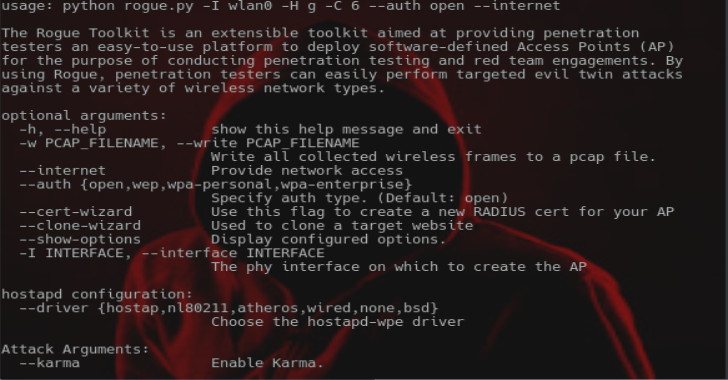Introduction
A Kali-based container for recon and enumeration using JupyterLab hosted on Docker. Jupyter Notebook is an open-source web application that allows you to create and share documents that contain live code, equations, visualizations, and narrative text.
Uses include data cleaning and transformation, numerical simulation, statistical modeling, data visualization, machine learning, and much more.
Example
1. Run
2. Import/Export Files
3. Split Files & Output
Setup
- Linux (Kali)
# update
sudo apt update && sudo apt -y upgrade
# docker
sudo apt install -y docker.io
sudo systemctl enable docker –now
# python
sudo apt install python3
sudo apt install python3-pip
# pip
sudo pip install docker
- Windows WSL2
# chocolatey
Set-ExecutionPolicy Bypass -Scope Process -Force; [System.Net.ServicePointManager]::SecurityProtocol = [System.Net.ServicePointManager]::SecurityProtocol -bor 3072
iex ((New-Object System.Net.WebClient).DownloadString(‘https://community.chocolatey.org/install.ps1’))
# docker
choco install docker-desktop
# python
choco install python3
# pip
py -m pip install docker
- Build + Run
curl -sS https://raw.githubusercontent.com/Y2FuZXBh/jupyter-kali/main/build.py | sudo python3 –
(wget -usebasicparsing https://raw.githubusercontent.com/Y2FuZXBh/jupyter-kali/main/build.py).content | python –
- After Restart Get New Url + Token
sudo docker logs jupyter-kali 2>&1 | grep “http://127.0.0.1” | tail -n 1 | xargs
Please consider following and supporting us to stay updated with the latest info

















.png)